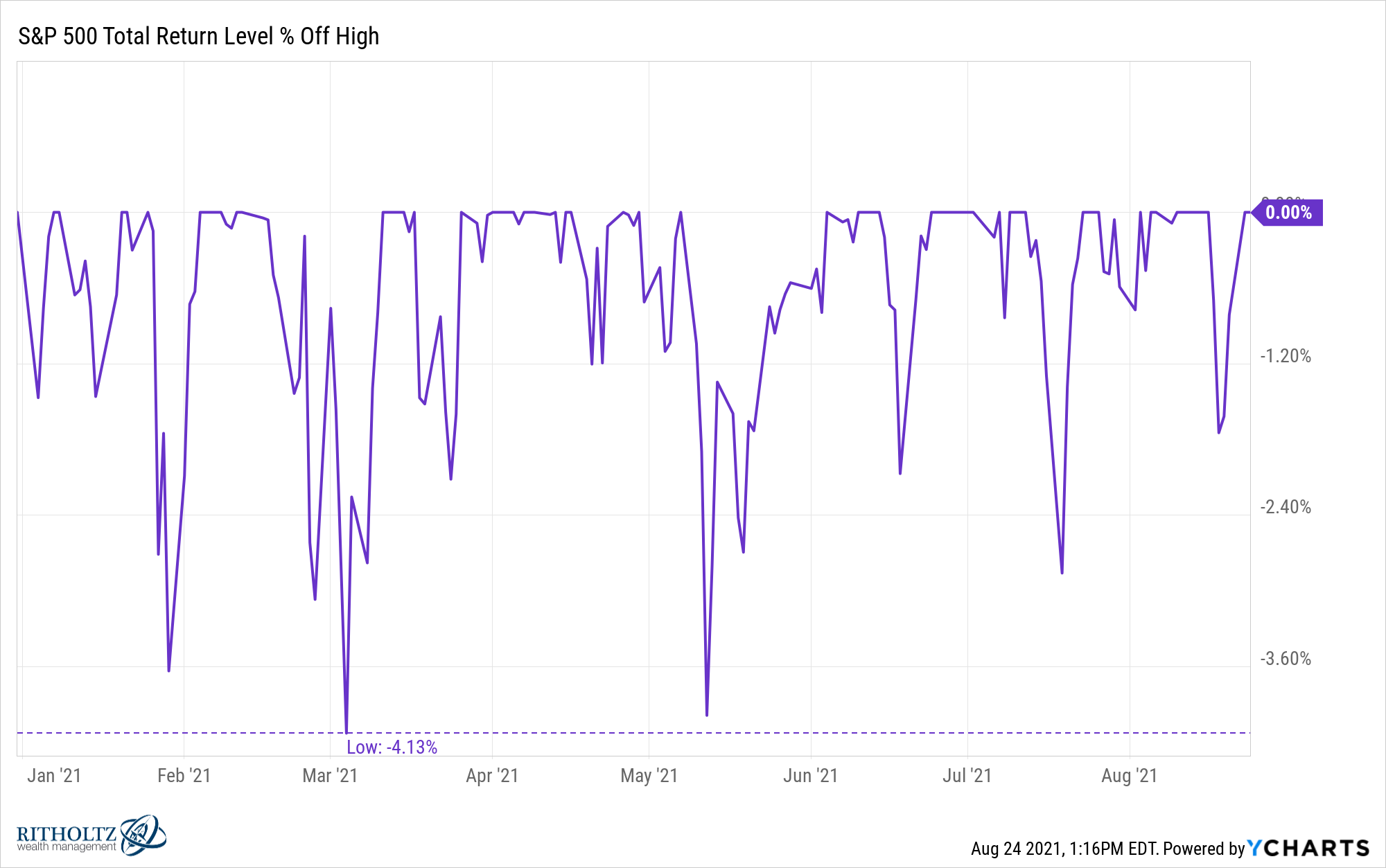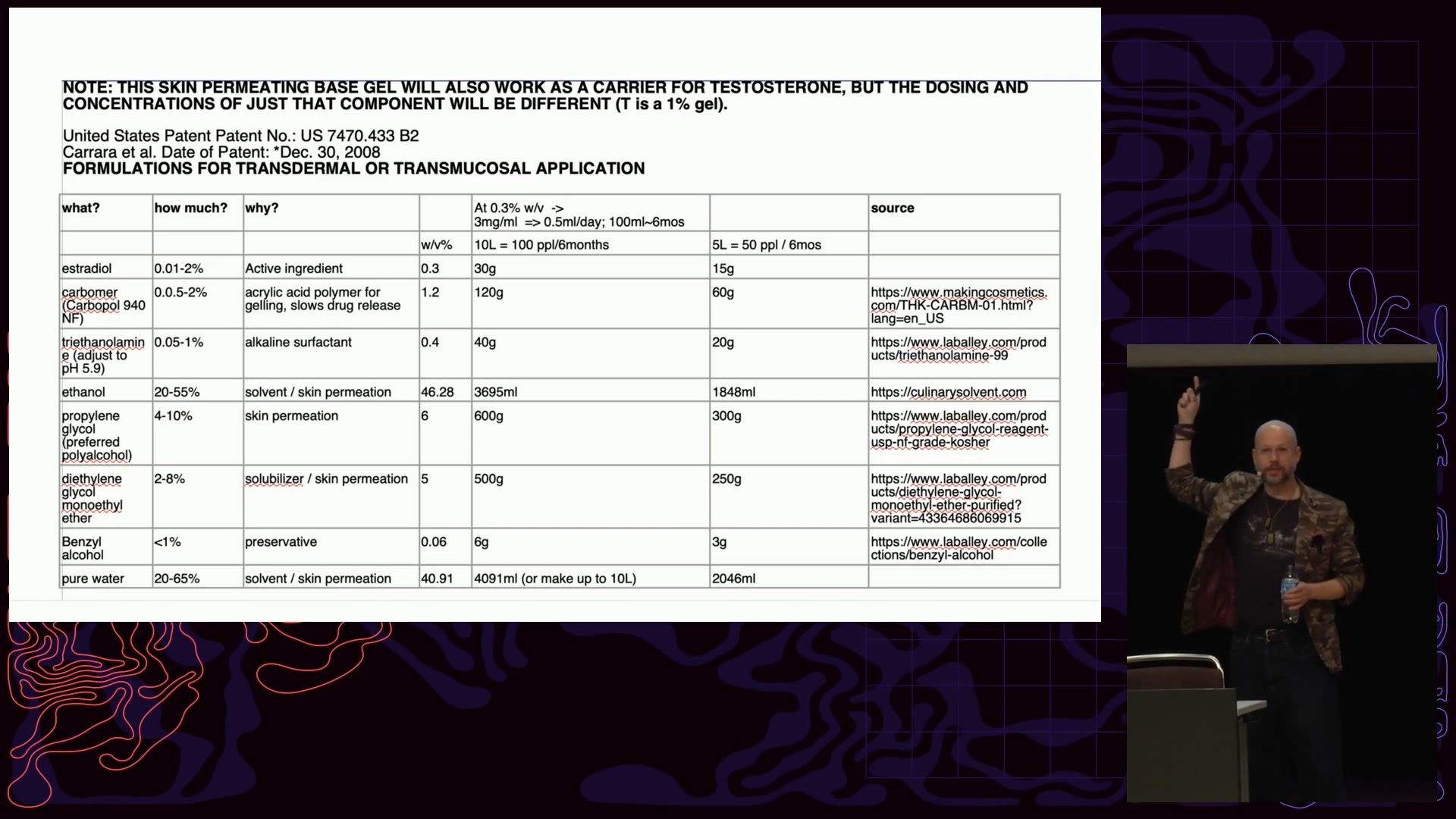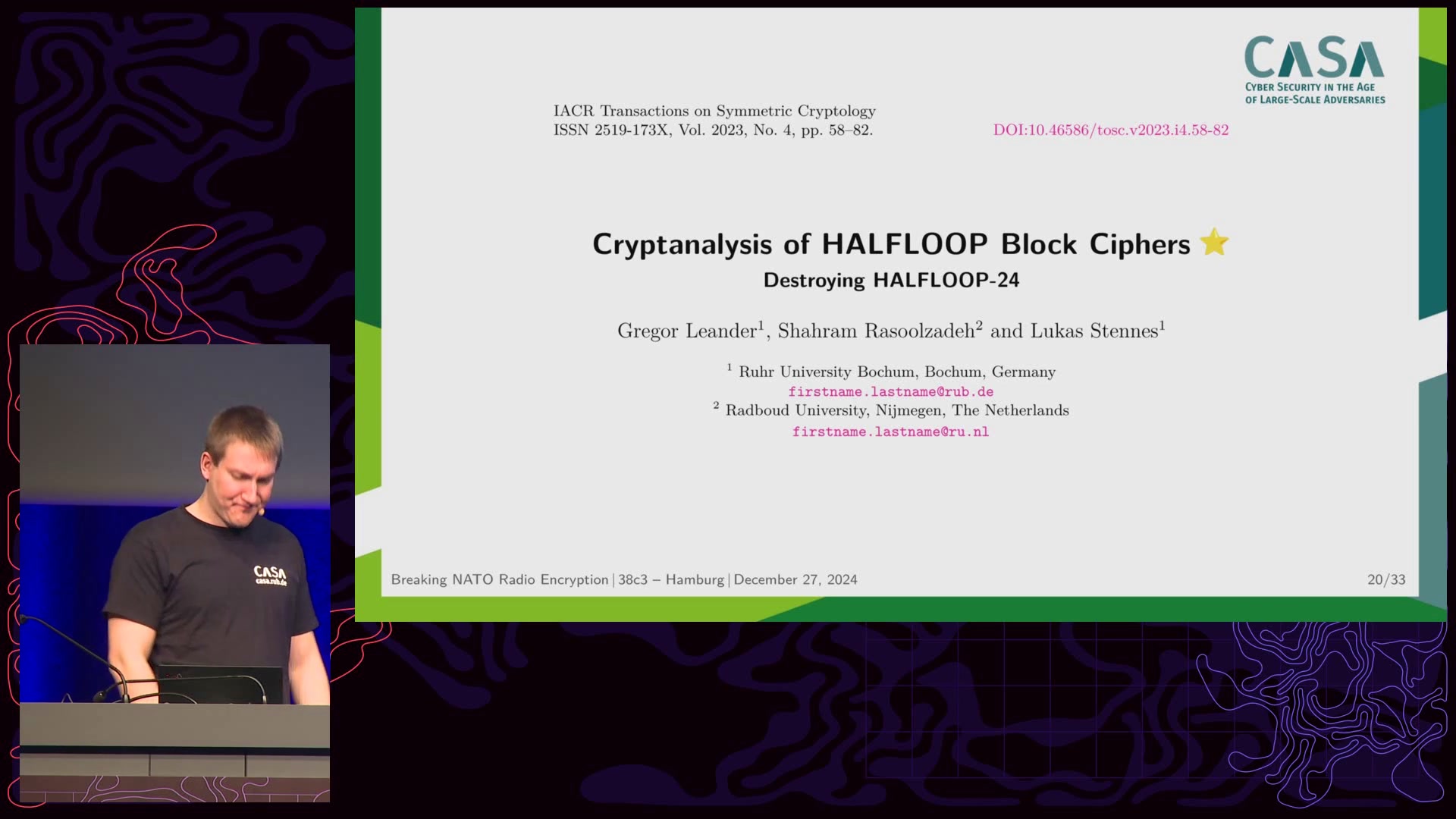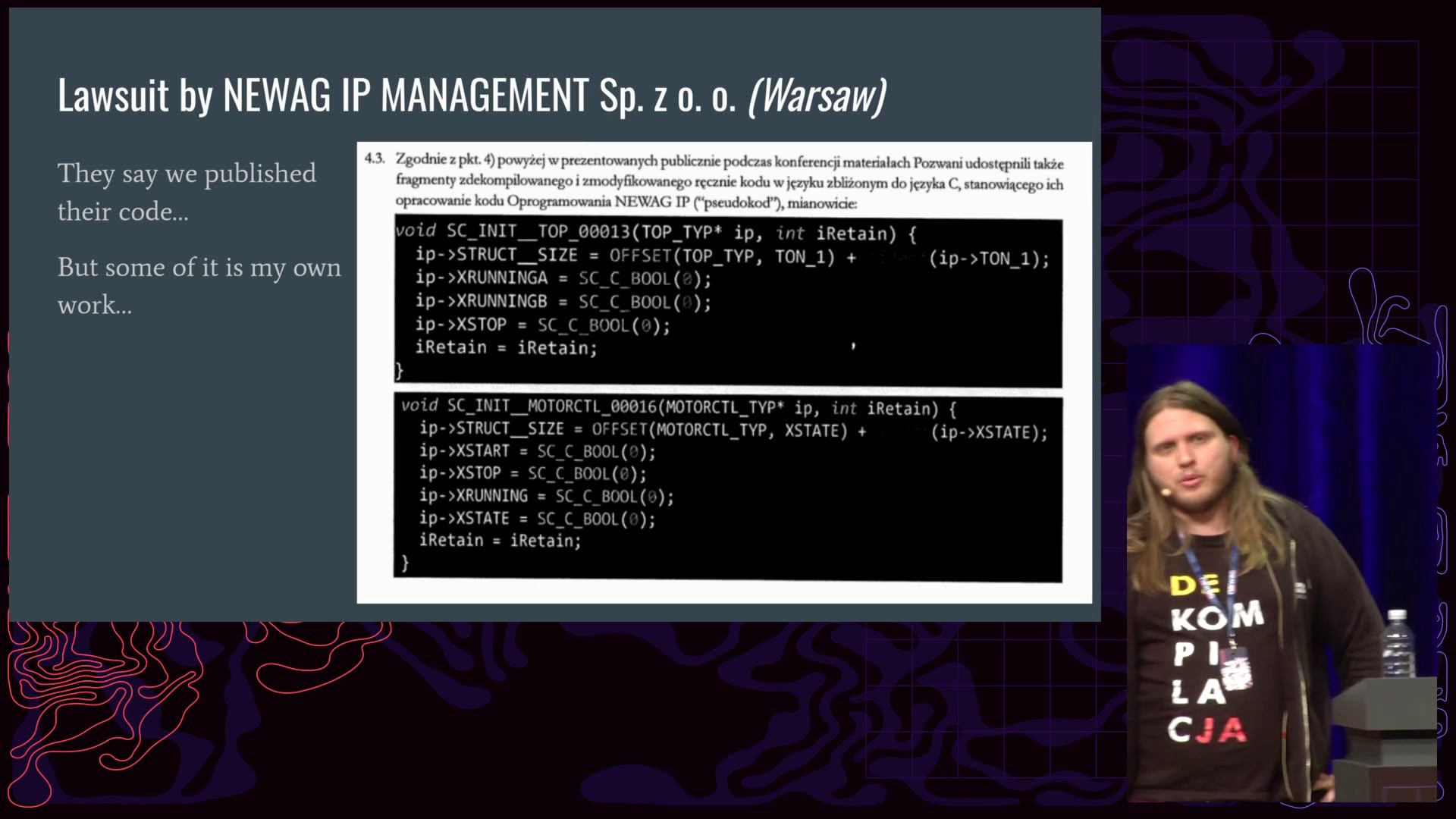2024: The Year of Valkey
The end of the calendar year is a great time to reflect, but for Valkey this particular year-end holds special meaning. Think about it: this time in 2023, no one had ever heard the name “Valkey” because, well, it didn’t exist. This seems nearly unbelievable given how much has changed in only a few short months.
Now, at the end of 2024, Valkey has had both a minor and major release as well as a few patches. Valkey 7.2 primarily introduced the project and new name while carrying over the feature set and performance from before the fork. Valkey 8.0 made substantial internal changes, bringing higher performance through multi-threaded I/O, better memory efficiency from a rewritten main dictionary, more granular visibility into performance and resource usage, and enhanced reliability in replication and slot migration. In 2025, the project is looking toward a future with new functionality and a whole boatload of optimizations in both performance and efficiency.
Getting started with Valkey has changed substantially over the course of the year. When Valkey first launched at Open Source Summit North America, I recall excitedly telling people that you could build from source, get the binary from the website or even use a container. Now, you can get Valkey directly from the package manager in most Linux distributions (and more on the way in 2025). There are multiple options for containerization and operators to fit your needs. And, for those who want to let others run Valkey, it is also available as a service on Aiven, AWS, Google Cloud Platform, NetApp Instaclustr, UpCloud, and several more.






















